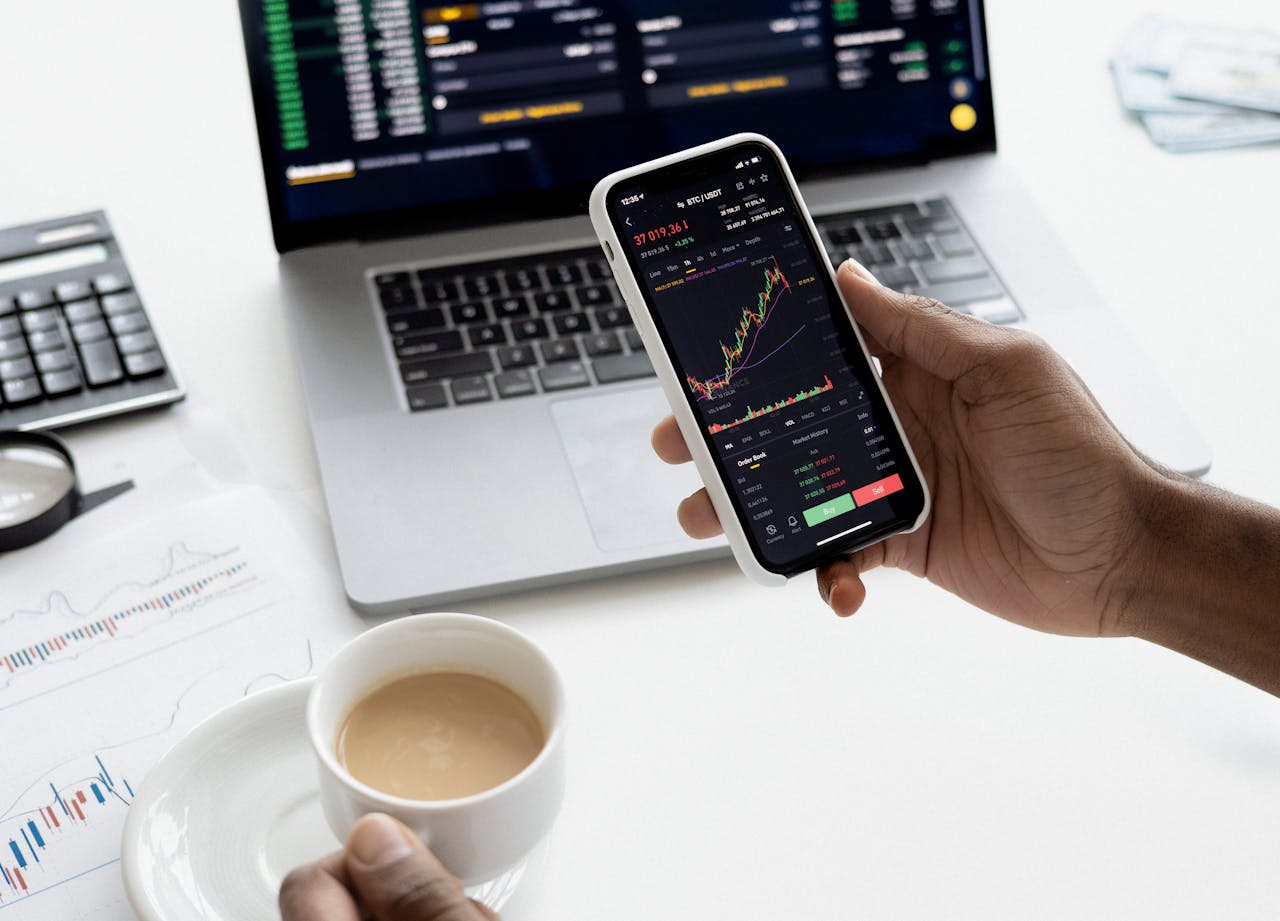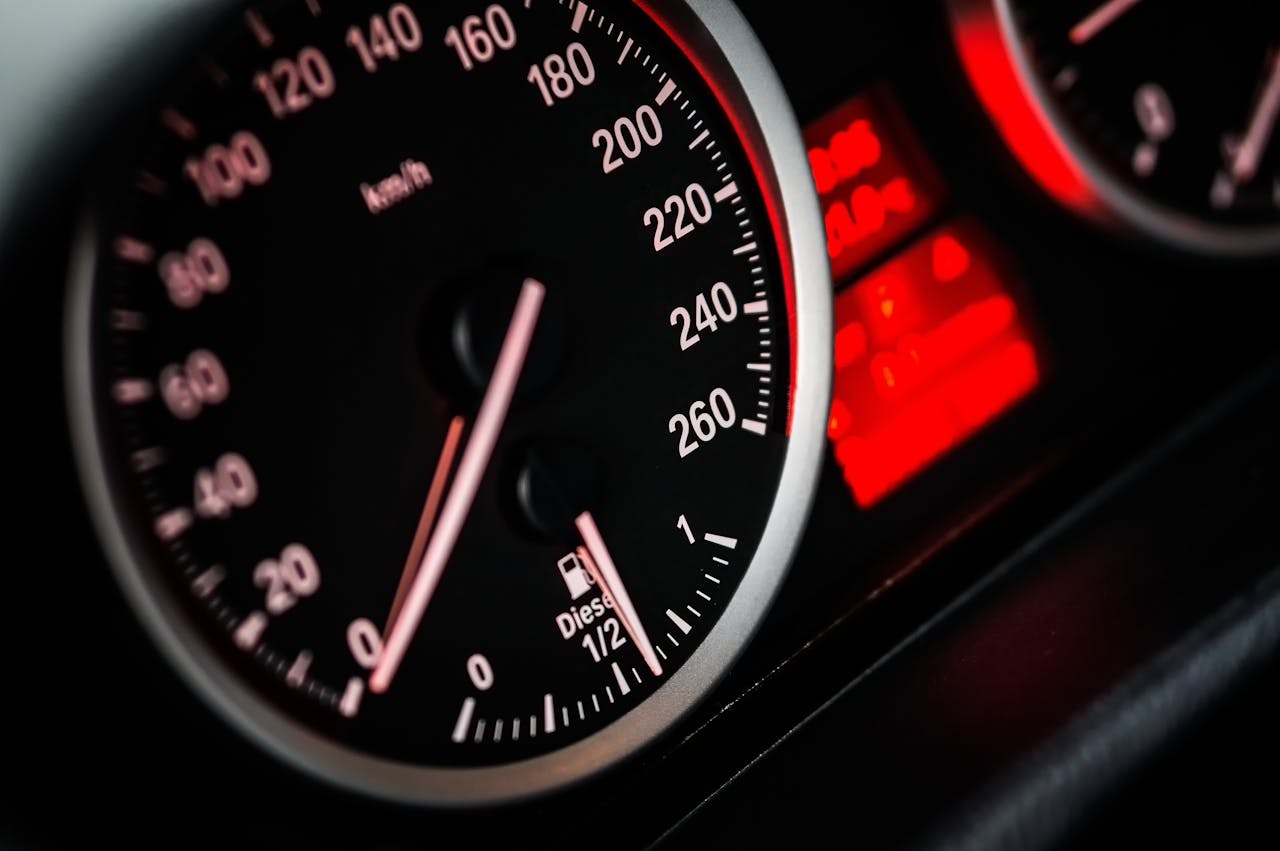

The Indonesian president Joko Widodo – or Jokowi – is pushing forward numerous infrastructure development projects across the archipelago, which he had promised when he took office two years ago. That drive, however, is not without major challenges faced ahead.
While Indonesia is indeed ambitious with its infrastructure plans, state budget may be trimmed at its margins and may result in inadequate funds allocated to all the projects. Jowoki stressed upon the need to upgrade the economy by saying, “this is something we absolutely must do to build the foundation of our economy, even if the work is bitter at the beginning”.
The Infrastructure projects being underway do not only include new roads and railway lines, they also consist of new seaports, airports, power and smelter plants and dams. These projects are crucial for jump-starting the Indonesian economy and bring improved connectivity to its 17,400 islands.
One of the many impending challenges face by Indonesia is the underdeveloped roads and highways that have not yet been upgraded for decades. The result of not having proper roads and highways is causing its logistics costs to rise as well.
According to the Indonesian Chamber of Commerce and Industry (Kadin Indonesia), about 17 percent of a company’s total expenditure in Indonesia is used by logistics costs. This means that the costs of goods shipped from Indonesia to foreign nations become higher than if the same commodity were to be imported. That has caused Indonesian exporters indefinitely lose out on lucrative opportunities, as its logistics challenges have made the cost of its products and services unacceptably high.
Far-flung regions such as Papua or the eastern provinces of Celebes have remained undeveloped and remained inaccessible to this day. Jokowi’s commitment in raising connectivity on the back of infrastructure investment will give greater social mobility and give Indonesians a share the nation’s economic prosperity.
Indonesia’s top priority is indeed to overhaul its roads and highways, as transportation lines are seen under construction in many regions of the country. Key projects include the planned Trans-Sumatra toll road; Trans-Java toll road; railways in Java, Sumatra and Kalimantan; seaports; and airports. The Trans-Java toll network, for instance, provides unbroken toll roads in the country’s main island.
The toll roads are part of Jokowi’s plan to add at least 1,100 kilometers of functionally operable roads by the end of his term in 2019. And that is only the icing on the cake. Also in the pipeline is the Balikpapan-Samarinda Toll Road, Manado-Bitung Toll Road, Serang-Panimban Toll Road, Soekarno-Hatta Railway, North-South Line Jakarta MRT, Makassar-Parepare Railway, Light Rail Train (LRT) South Sumatra, and the East Kalimantan Railway, among others.

Revolutionizing Finance: An Overview of Digital Lending in Southeast Asia
Digital lending is poised to become the primary revenue driver for digital financial services in Southeast Asia (SEA) by 2025, outpacing digital payments. This growth is fueled by a 33% annual increase in digital lending, supported by technological innovations such as automated loan origination processes and seamless integration of financial services into digital experiences. These advancements have made it easier for consumers to access financing for various needs, including online shopping, travel bookings, and ride-hailing services.

IoT Integration in the SEA Automotive Lubricants Market
The Southeast Asia (SEA) automotive lubricants market is rapidly evolving with the integration of Internet of Things (IoT) technology. This transformation offers significant benefits, creates new opportunities in smart technology, and introduces innovative IoT solutions that can revolutionize the industry.

Embracing Robotization: Challenges and Opportunities in Industry 4.0
Robotization presents challenges and opportunities for businesses and the workforce, requiring companies to embrace this transformation.

Opportunities in the Indonesian Skincare Market
The rapid growth of the Indonesian skincare market presents significant opportunities for the beauty industry. Projections indicate a steady growth trajectory of 4.6% over the next five years, reflecting sustained consumer demand and market expansion. In this article, we will explore the various opportunities that the Indonesian skincare market presents for brands seeking to establish a strong foothold and thrive in this dynamic landscape.